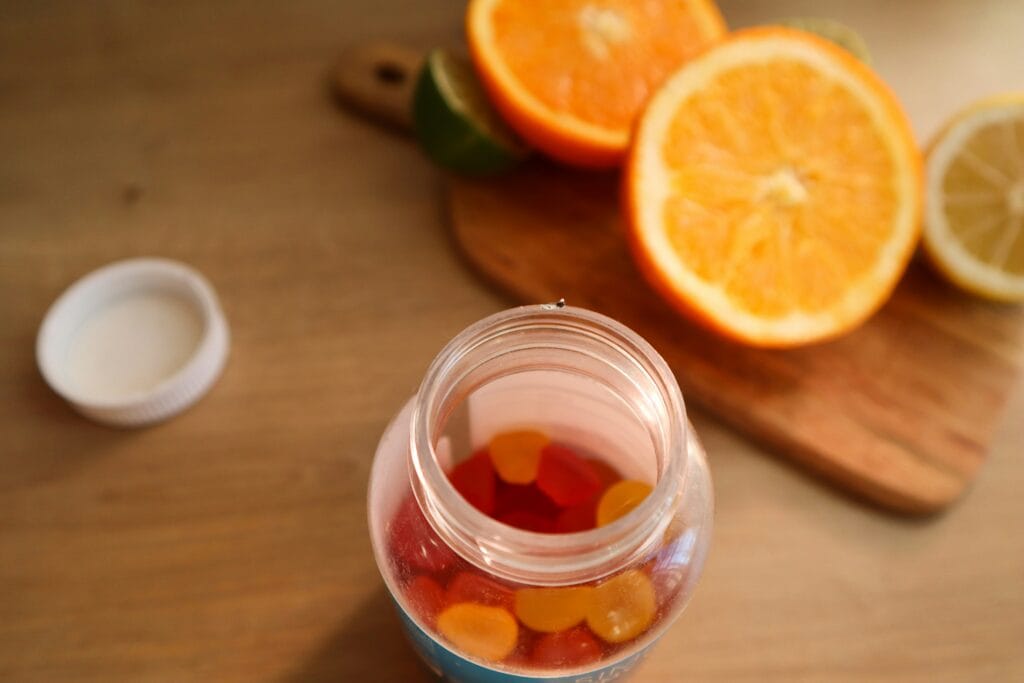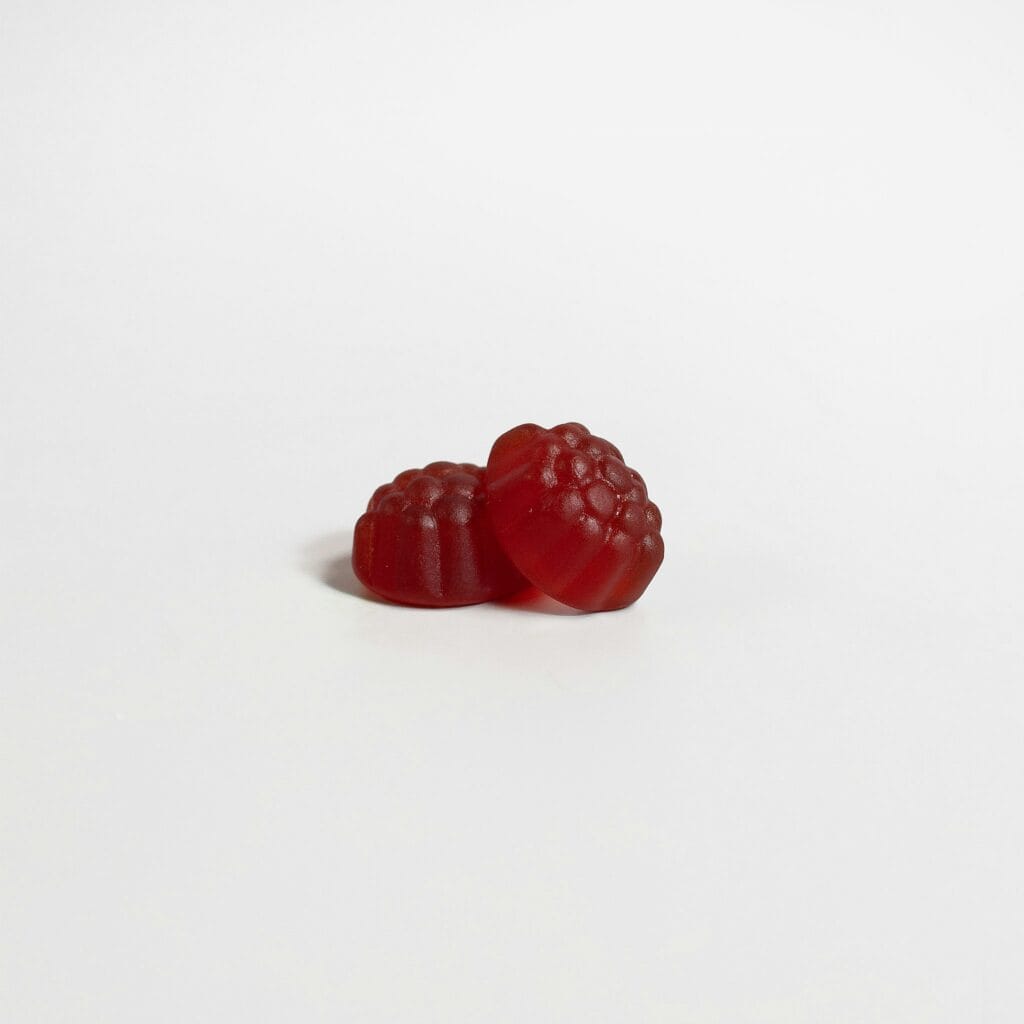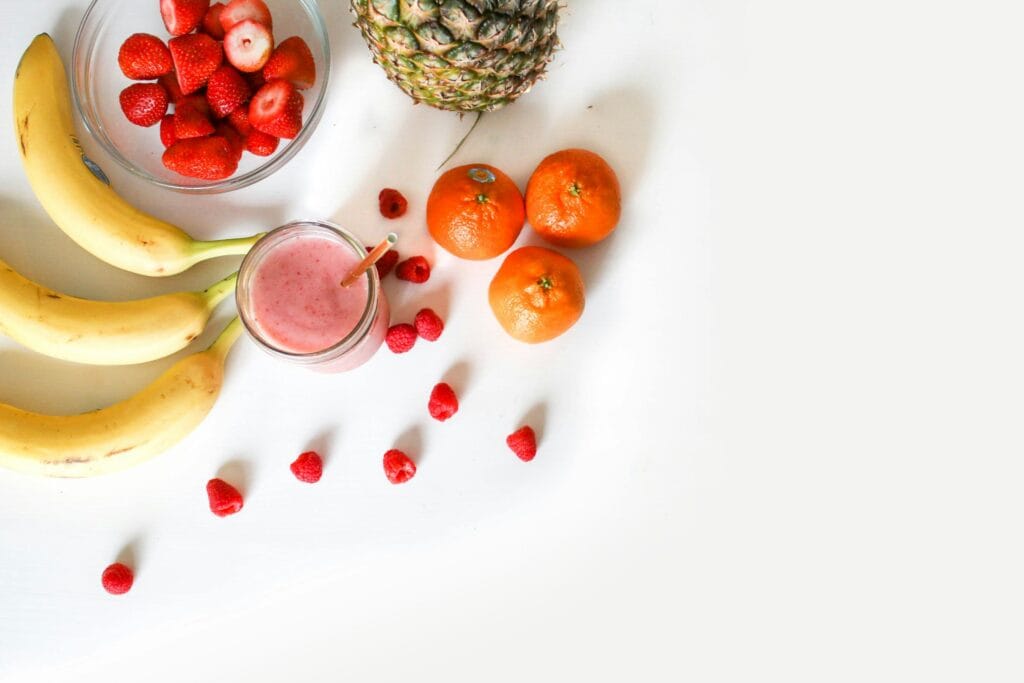*This article contains affiliate links*
As the days grow shorter and the weather turns colder, many parents begin to wonder whether their children need extra nutritional support. Autumn often brings an increase in coughs, colds, and tiredness as children head back to school and spend more time indoors. This is also the season when immune systems can feel under pressure, and when many children are exposed to seasonal bugs for the first time in months.
So, do children need supplements in autumn? And if so, which ones are recommended? Here’s an evidence-based guide to help parents make informed choices.

Do Children Really Need Supplements?
The ideal is that children get all the nutrients they need from a balanced diet rich in fruits, vegetables, whole grains, dairy or alternatives, and protein sources. However, research consistently shows that many children in the UK fall short in some key areas, especially as the seasons change.
Factors that can make supplements useful in autumn include:
- Reduced sunlight exposure as days shorten (affecting vitamin D).
- Busy school routines, where quick meals may not always cover all bases.
- Increased exposure to germs, making immune support a priority.
- Fussy eating or selective diets (especially in younger children).
For most children, supplements are not a substitute for a healthy diet, but they can help fill the gaps.
Key Supplements for Children in Autumn
1. Vitamin D
Public Health England recommends that all children over the age of one take a daily vitamin D supplement, especially during autumn and winter when sunlight levels are low. Vitamin D supports bone health, immune function, and muscle strength.
- Why autumn matters: From October to March, the UK sun isn’t strong enough for children to make sufficient vitamin D naturally.
- Dose: Children aged 1–4 should have 10 micrograms (400 IU) daily. For children over 5, a supplement of 10 micrograms is advised if they’re not regularly outdoors or if they have darker skin tones.
- Food sources: Oily fish, eggs, fortified cereals and dairy alternatives.

2. Vitamin C
Vitamin C is well known for its role in immune defence, helping to protect cells and reduce the duration of common colds. It also supports skin, gums, and wound healing.
- Why autumn matters: As cold season begins, vitamin C helps children fight off infections more effectively.
- Sources first: Oranges, strawberries, kiwi, peppers, and broccoli.
- Supplements: Not usually necessary if a child eats fruit and veg daily, but chewable tablets or drops are available if diets are limited.
3. Omega-3 Fatty Acids
Essential for brain function, memory, and learning, omega-3s (particularly DHA) also support heart and eye health.
- Why autumn matters: Back-to-school is a time when focus and concentration are crucial.
- Food sources: Oily fish like salmon, sardines, and mackerel. For children who don’t eat fish, flaxseed, chia, and walnuts are alternatives, though supplements may be needed.
- Supplements: Fish oil or algal oil (plant-based) capsules for children.
4. Probiotics
Gut health and immune health are closely linked. Probiotics (the “good bacteria”) can help support digestion and may reduce the frequency of colds and tummy bugs.
- Why autumn matters: Children are suddenly back in classrooms, sharing spaces (and germs) with dozens of others.
- Food sources: Live yoghurt, kefir, miso, sauerkraut.
- Supplements: Child-friendly probiotic powders and gummies are widely available.
5. Iron (If Needed)
Iron supports healthy blood and energy levels. Some children—especially teenage girls, picky eaters, or those on vegetarian/vegan diets—can be at risk of low iron.
- Why autumn matters: Tiredness is often brushed off as “back-to-school blues”, but in some cases, it may be linked to iron levels.
- Food sources: Red meat, beans, lentils, leafy greens, fortified cereals.
- Supplements: Only if recommended by a GP or health visitor, as too much iron can be harmful.
Safe Supplementing: What Parents Should Know

- Check the label: Children’s supplements should be age-appropriate and never exceed the recommended daily dose.
- Avoid megadoses: More is not better—over-supplementing can cause harm.
- Choose trusted brands: Look for supplements with clear labelling and UK/EU safety standards.
- Consult a professional: If your child has a health condition, allergies, or follows a restricted diet, speak to a GP, pharmacist, or dietitian first.
- Think food first: Supplements should support, not replace, a balanced diet.
What About Multivitamins?
Multivitamins can be a convenient option, especially for picky eaters. The NHS advises all children aged 6 months to 5 years to take vitamins A, C, and D daily. Beyond this age, a balanced diet should meet most needs, but a multivitamin can help when parents feel children aren’t consistently eating well.
For autumn, a multivitamin including vitamin D is often the simplest choice.
Conclusion
As autumn sets in, parents naturally want to protect their children from bugs, fatigue, and dips in wellbeing. While most nutrients should come from food, supplements can play a valuable role in filling gaps—especially vitamin D, which is universally recommended in the UK during the colder months.
The key is balance: focus on a diet rich in colourful fruits and vegetables, wholegrains, dairy or alternatives, and protein sources, while using supplements thoughtfully and safely. With the right support, children can head into autumn stronger, healthier, and ready to thrive.
This blog shares general tips only and is not a substitute for medical advice — please check with a healthcare professional if you have any concerns.

